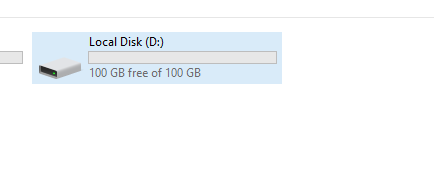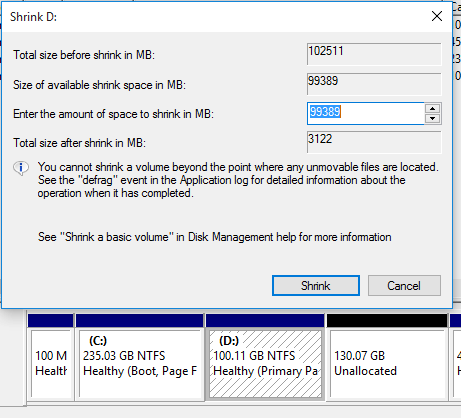There's a difference between the partition size that is specified in MB in the installer, and the disk capacity that is shown in Windows Explorer. That difference is the size of one block or "allocation unit", which is 4KB for any NTFS volume over 2GB; and that block is the first block on the partition, to hold the boot sector of the disk (512 bytes). The rest of the block is unused, so that all blocks are "aligned" on the disk.
So if you declare a partition to be 20480 MB, that's exactly 20.00 GB (or GiB, for sticklers). But the resulting disk capacity will be (20480 MB - 4 KB, shown as) 19.99 GB. It appears that Windows Explorer does not round up or to nearest, but truncates after two decimal places at most.
So you can create a partition that is one MB larger than the desired size, and after 4 KB is subtracted for the boot block, the disk capacity should be shown as you want. But it is still not exactly that size.
While the installer and DISKPART work in MB, the partition table is expressed in sectors, so you can manually edit it to create a partition that is exactly the size you want plus 8 sectors (4 KB).


There's a big difference between Gb and GB. 100Gb is neither 100000MB or 102400MB – phuclv – 2018-06-11T06:57:21.387